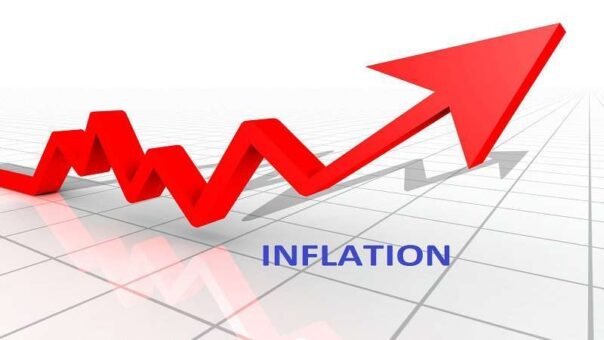KARACHI: Pakistan’s headline inflation, measured by the Consumer Price Index (CPI), is projected to decline to 4.1% in December 2024, marking the lowest level in over six years, according to financial analysts. This significant reduction reflects a promising trend in the country’s economic indicators.
“We anticipate inflation in December to decrease to 4.1% year-on-year (YoY), down from November’s 4.9%,” stated a report by Arif Habib Limited. “This would be the lowest inflation reading since April 2018, when it stood at 3.96%.” On a monthly basis, however, the report forecasts a marginal rise of 0.07% in inflation.
The report attributes the consecutive low YoY inflation figures to a high base effect coupled with a decline in the food and housing indices. Stable global commodity and energy prices, alongside a steady Pakistani rupee, are expected to further support this downward trend, maintaining restrained price pressures.
Food inflation, in particular, is anticipated to exhibit a 0.1% month-on-month (MoM) decline, despite a modest YoY increase of 0.2%. Lower prices for essential commodities such as wheat flour, chicken, tomatoes, and onions have been identified as the key drivers behind this reduction. Meanwhile, the housing index is predicted to decrease by 0.6% MoM, primarily due to a 3.9% MoM drop in electricity prices. However, transportation costs are expected to rise by 0.9% MoM, driven by higher fuel and diesel prices, although they remain 2.7% lower on a YoY basis due to the high base effect from the previous year.
For 2024, the report projects an average annual inflation rate of 13.13%, significantly lower than the 30.9% recorded in 2023. Similarly, for the first half of FY2025, inflation is forecasted to average 7.3%, a sharp decline compared to the 28.8% recorded during the same period in FY2024.
The State Bank of Pakistan (SBP) recently reduced its key interest rate by 200 basis points, bringing it to 13%. This marks the fifth consecutive cut, driven by the central bank’s assessment of declining inflation trends. In its monetary policy statement, the SBP’s Monetary Policy Committee (MPC) noted that inflation could experience short-term volatility but is expected to stabilize within the target range over time.
The SBP also revised its inflation forecast for FY2025, anticipating it to average well below its earlier projection of 11.5% to 13.5%. Analysts and policymakers alike see this as a positive indicator for Pakistan’s economic recovery, reflecting efforts to stabilize prices and promote sustainable growth.
